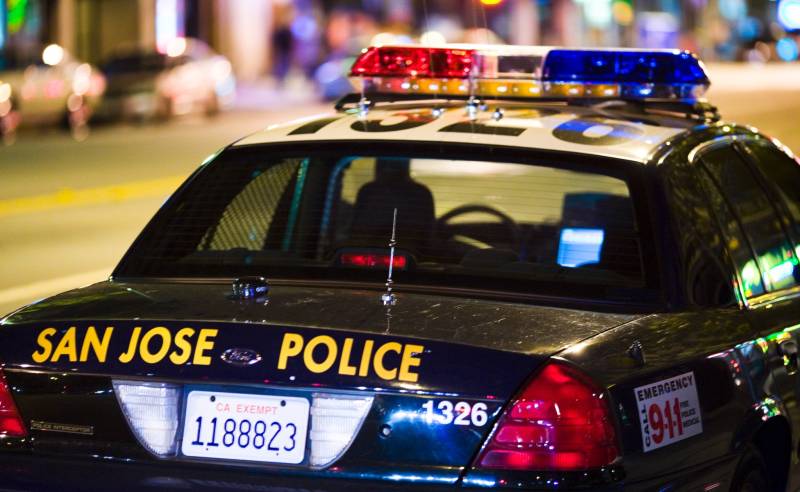If training hasn’t worked so far, what can police do to make these interactions less violent and, in some cases, less deadly?
I think one of the main takeaways we got from doing all of this data review is there are a lot of scenarios in which the underlying offense for a police contact is relatively minor. So I think there ought to be a review and some introspection about when they can let things go and when they shouldn’t. And when we’ve brought that question and posed that question to police, they generally agree and say their officers have full discretion on whether to walk away. But we know that the reality is it’s not that easy and it’s not that simple.
And in fairness, I would guess that walking away from a situation would be pretty counterintuitive to police.
It’s a very difficult thing to consider because when people call 9-1-1, they call police. They expect police to solve the problem and do something about it. And if police officers exercised that discretion and deemed what they were called in for to not be worth a potential escalation of violence, that would be the ideal. But then they also have to be accountable to the public and residents and people who expect something to be done when they call for help.
Well, I know you’ve talked to families whose loved ones have been killed by police in these kinds of interactions. What do they want to see change?
The families of victims want to see more recognition of mental illness and psychiatric emergencies in the moments that they understand that this isn’t black and white. It’s very gray. There’s a combination of both a psychiatric emergency and some danger to the officers or to the public. But they don’t believe that should necessarily equal what they call a death sentence just for calling. So that’s the broadest takeaway — this idea of taking time, exercising patience, and keeping distance when being up close to someone who might have a weapon isn’t absolutely necessary. So it’s along the lines of wanting to make sure that serious use of force and lethal force are really used as a last resort.

